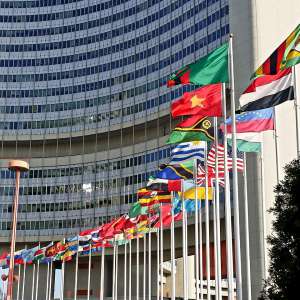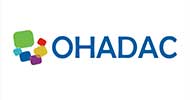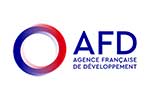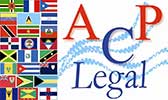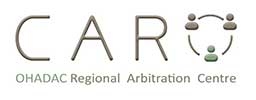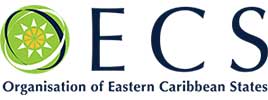OHADAC representation at meeting of UNCITRAL Working Group III: Reforming dispute resolution between investors and States
- 2019-10-21
- 7421
The ACP Legal association, which is leading the OHADAC project, has enjoyed the status of observer as part of CNDUCI's Working Group III since July 2019.
In this capacity, ACP Legal attends the work of the group, which was set up at the 50th session of the United Nations Commission meeting in 2017.
The working group's mission is to examine the need to reform the dispute resolution system in the field of investment protection and, if necessary, to implement this reform.
The working group consists of representatives of UNCITRAL member States.
The first meetings of the group concluded that the international investment protection system needed to be reformed, with the group drawing up a timetable for examining the various options.
Working Group III last met from October 14 to 18, 2019.
The options examined during the week of October 14 were as follows:
(i) Setting up an Advisory Centre for States in the field of litigation linked to the protection of foreign investments
The idea of setting up an Advisory Centre for States was explored, with the State representatives concluding that an institution of this nature would have the advantage of responding to a number of difficulties inherent in the current system of resolving investment disputes through arbitration. These problems concern in particular the cost of procedures; the fairness and consistency of the arbitration awards rendered by the arbitration tribunals; and access to justice.
The practical difficulties of this type of project were also discussed regarding the financing of the institution and services it would be expected to provide, as well as identifying who would benefit from the provision. In particular, the possibility of extending the recipients to small and medium-sized companies was considered as well as associations constituting amici curiae in the context of on-going arbitration proceedings. The dangers associated with developing conflicts of interest if the centre were to be used by a large number of beneficiaries were also discussed. Last but not least, the issue of setting up a single centre with a multilateral dimension - rather than regional centres - was addressed but no decision was taken.
Given the complex nature of these questions, it was agreed that a final decision on the advisability of establishing the institution would require more detailed discussions.
(ii) Drawing up a code of conduct for arbitrators appointed to settle disputes involving investors and States
Most of the State representatives in the working group believed that preparing a code of conduct, which would be binding on arbitrators when resolving investment disputes, raises important issues. Such a reform would make it possible to respond to the oft-shared perception that the arbitrators in this area lack independence and impartiality. It would be preferable for the code of conduct to be universal in scope and for it to be applied, for example, through being incorporated into a new multilateral instrument that would be adopted by the States following the work on the reform. It would also be necessary to explore a sanction mechanism in order to guarantee the effective application of the requirements in the code in the context of future disputes.
(iii) Questions about the financing of litigation against States by third parties and insurance companies
A large majority of the State representatives voiced their support for greater regulation of the financing of litigation by third parties regarding conflicts of interest, spurious claims, confidentiality and transparency. The issues to be addressed in the context of any regulation in this matter would focus on the following: defining third-party financing; the obligation to disclose financing by a third party; the impact on the final allocation of costs by the Arbitration Tribunal; the link with the possibility of the Arbitration Tribunal ordering the provision of a guarantee.
The next working group will take place in Vienna from January 20 to 24, 2020.
Other relevant options will be addressed in the context of exploring the different mechanisms that could be used to reform the investment protection system as it currently exists.
In particular, representatives of member States are invited to examine the possibility of adopting a multilateral instrument incorporating the reform options examined by the members of the working group.
When the working group has explored the different options available to it regarding the project to reform the mechanism for resolving investment disputes, decisions will be taken about the practical ways to undertake the reform. This choice will then be embodied in any adoption of new instruments and the establishment of new institutions.


